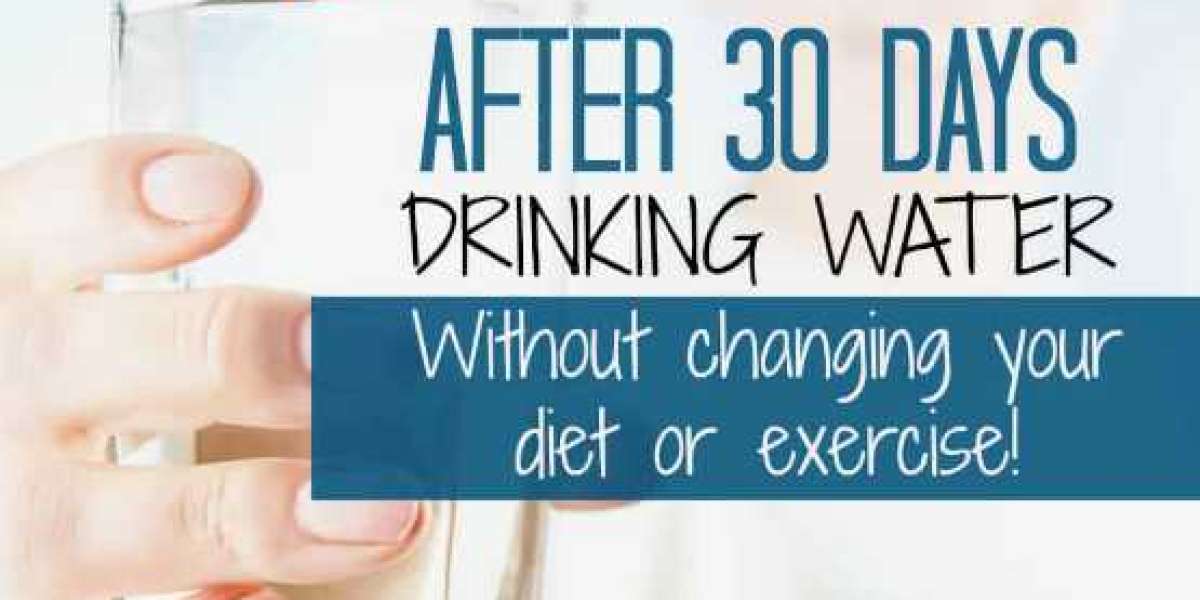Water fasting, a practice where an individual abstains from all food and drinks except water for a designated period, has gained popularity in recent years for its potential health benefits and transformative effects. Among the various fasting regimens, the 30-day water fast stands out as an extended and rigorous form of fasting. In this article, we will explore what a 30-day water fast entails, its potential benefits, risks, and tips for those considering embarking on this remarkable journey.
What Is a 30-Day Water Fast?
A 30-day water fast involves refraining from consuming anything other than water for an entire month. It's a prolonged form of fasting that can be mentally and physically challenging, requiring dedication, preparation, and careful monitoring. During this period, the body relies on stored fat reserves for energy, leading to significant weight loss and potential health improvements.
The Potential Benefits
1. Weight Loss: One of the most notable outcomes of a 30-day water fast is significant weight loss. As the body exhausts its glycogen stores and begins to burn fat for energy, individuals often experience rapid and substantial weight reduction.
2. Detoxification: Advocates of water fasting claim that it helps the body detoxify by eliminating waste products and toxins that accumulate over time. This process can potentially rejuvenate the body's systems.
3. Cellular Autophagy: Fasting can stimulate a process called autophagy, where the body breaks down and recycles damaged cells and cellular components. This may contribute to improved cellular health and longevity.
4. Improved Insulin Sensitivity: Some studies suggest that fasting can enhance insulin sensitivity, which may help in managing type 2 diabetes and reducing the risk of developing metabolic disorders.
5. Mental Clarity: Many individuals report improved mental clarity and focus during extended fasting. This heightened mental state is often referred to as "fasting clarity."
The Risks and Considerations
1. Nutritional Deficiencies: Extended fasting can lead to nutrient deficiencies. It's crucial to consult with a healthcare professional before attempting a 30-day water fast to assess your nutritional needs and determine if you are a suitable candidate.
2. Muscle Loss: While the body primarily relies on fat stores for energy, it may also break down muscle tissue. This can be mitigated by incorporating light exercise and maintaining proper hydration.
3. Electrolyte Imbalance: Prolonged fasting can lead to electrolyte imbalances, which can be dangerous. Regular monitoring and supplementation may be necessary.
4. Refeeding Syndrome: Reintroducing food after an extended fast should be done gradually and under supervision, as sudden refeeding can lead to a potentially life-threatening condition known as refeeding syndrome.
5. Mental and Emotional Challenges: Fasting for 30 days can be mentally and emotionally taxing. It's important to have a strong support system and be prepared for mood swings and psychological challenges.
Tips for a Successful 30-Day Water Fast
1. Medical Supervision: Consult with a healthcare professional before beginning an extended water fast to ensure it's safe for you.
2. Preparation: Gradually reduce your food intake in the days leading up to the fast to ease the transition.
3. Stay Hydrated: Drink plenty of water throughout the fast to prevent dehydration.
4. Monitor Electrolytes: Consider electrolyte supplements or regular blood tests to monitor your electrolyte levels.
5. Listen to Your Body: Pay attention to your body's signals. If you experience severe discomfort or adverse effects, consider breaking the fast.
Conclusion
A 30-day water fast is a profound journey that can yield various physical and mental benefits. However, it is not without risks and challenges, and it is not suitable for everyone. Before attempting such an extended fast, it is crucial to consult with a healthcare professional and carefully weigh the potential benefits against the risks.
Remember that fasting is a personal choice, and there are various fasting methods to explore, each with its own set of benefits and considerations. Whether you choose a 30-day water fast or a different fasting regimen, prioritize your health and well-being above all else.








